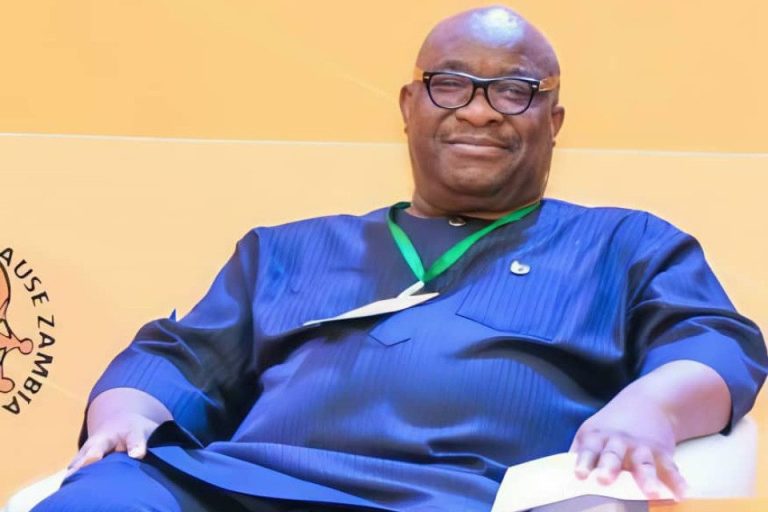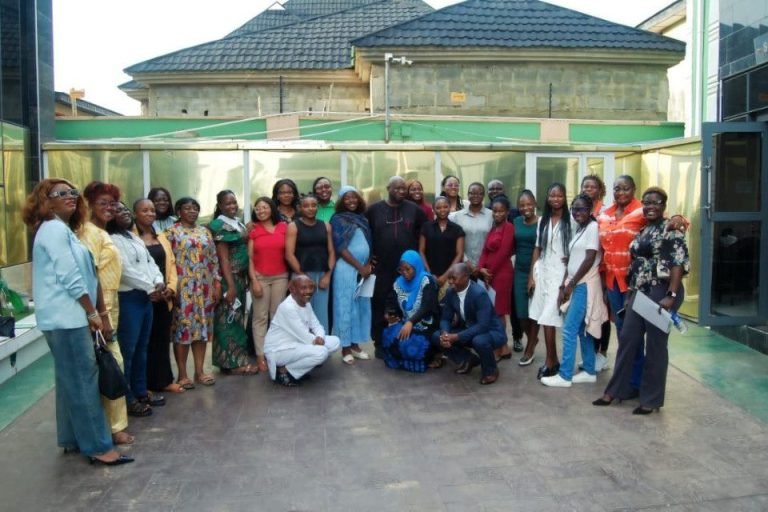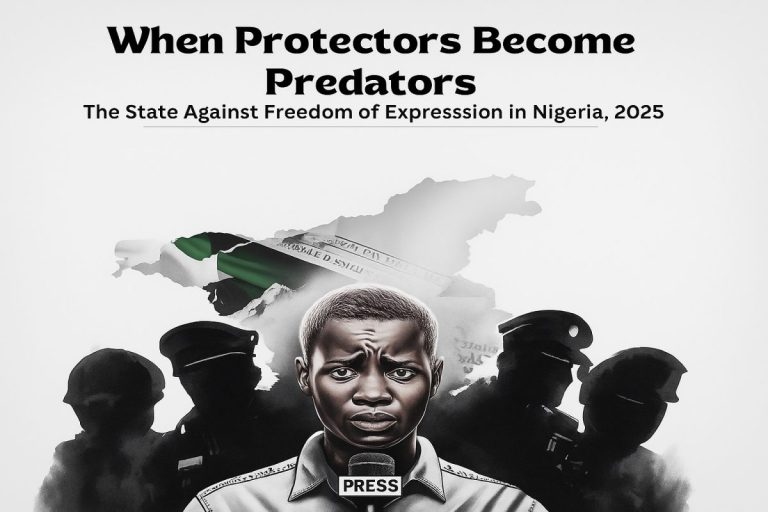
The United Nations (UN) Special Rapporteur on the rights to freedoms of peaceful assembly and of association, Mr. Clément Voule, has warned that: “States responses to COVID-19 threat should not halt freedoms of assembly and association,” as the pandemic poses unprecedented challenges to human rights around the world.
Saluting the efforts of governments, international organizations and civil society working together to protect the public from this health hazard, he pointed out that:“Where human rights are the compass, we will be better placed to overcome this pandemic and build resilience for the future”.
Mr. Voule warned that no one country or government can solve the crisis urging that civil society organizations should be seen as strategic partners in the fight against the pandemic saying he was concerned about information he has received from online consultations with civil society around the world which suggest several worrying trends and limitations, including on civil society’s ability to support an effective response.
Observing that laws limiting public gatherings, as well as freedom of movement, have been passed in many States, he stated that restrictions based on public health concerns are justified, where they are necessary and proportionate in light of the circumstances. He noted that: “Regrettably, civil society organizations have rarely been consulted in the process of designing or reviewing appropriate measures of response, and in several cases, the processes through which such laws and regulations have been passed have been questionable.”
He pointed out that those laws and regulations have often been broad and vague, and that little has been done to ensure the timely and widespread dissemination of clear information concerning these new laws, nor to ensure that the penalties imposed are proportionate, or that their implications have been fully considered.
He added that in many cases, it appears these measures put in place are being enforced in a discriminatory manner, with opposition figures and groups, together with vulnerable communities, constituting prime targets.
Particularly worrying, according to Mr. Voule, “are cases in which governments have seized on the crisis to suspend constitutional guarantees, to pass sweeping emergency laws and to rule by decree.” He noted that various UN human rights experts, including the Special Rapporteur, have already cautioned against these developments,” noting that in many cases, it appears the measures adopted are geared more at cementing control and cracking down on oppositional figures than at ensuring public health.
The Special Rapporteur noted that civil society organizations are also facing numerous restrictions and limitations on their work including new associations not being registered in some States, where they are unable to demonstrate internal rules geared to the current crisis situation.
He expressed concern that while civil society workers have a key role to play in responding to the crisis and providing support to vulnerable populations, their ability to play that role has been limited by restrictive laws as well as by funding shortages, themselves brought on in part by limitations on access to cross-border funding.
Particularly troubling, according to Mr. Voule are accounts of cases where labour representatives have faced retaliation for speaking out concerning dangerous situations at the workplace with civil society groups and other workers being constrained by lack of access to necessary personal protective equipment.
He noted that the pandemic has also been used to limit access to information broadly with several States adopting new measures penalizing the spreading of ‘false news,’ or increasing reliance on similar provisions of extant law. Individuals reporting on the crisis have been cautioned, detained or expelled while for Internet access, particularly crucial in times of crisis, has seen existing and new limitations on access to the internet, or censorship of particular websites and forms of information, are hence particularly troubling in this period.
He noted that the pandemic has also been used to limit access to information broadly with several States adopting new measures penalizing the spreading of ‘false news,’ or increasing reliance on similar provisions of extant law. Individuals reporting on the crisis have been cautioned, detained or expelled while for Internet access, particularly crucial in times of crisis. Particularly troubling in this period, he said are existing and new limitations on access to the internet, or censorship of particular websites and forms of information.
In the face of the current public health emergency, the Special Rapporteur on freedom of peaceful assembly and of association reminded States of the necessity of responding in a manner compliant with their human rights obligations and in particular, emphasize ten key principles as follows:
- ensuring that new legal measures respect human rights
- ensuring that the public health emergency is not used as a pretext for rights infringements
- democracy cannot be indefinitely postponed.
- ensuring inclusive participation
- guaranteeing freedom of association and assembly online
- protecting workplace rights to freedom of association and assembly
- freedom of expression must be ensured
- civil society’s participation in multilateral institutions must be secured
- International solidarity is needed more than ever
- future implications of Covid-19 and responding to popular calls for reform.
Mr. Clément NyaletsossiVoule, from Togo, was appointed as UN Special Rapporteur on the right to peaceful assembly and association in March 2018. He is a lawyer and currently works in Geneva in the field of human rights. He is an associate researcher at the Geneva Academy of Human Rights and Humanitarian Law. Prior to his appointment, he led the work of the International Service for Human Rights (ISHR). Mr. Voule also worked as Secretary-General of the Togolese Coalition of Human Rights Defenders, as campaigning officer for the Coalition for the Togolese International Criminal Court and as Secretary-General of the Amnesty International section in Togo. Since 2011, Mr. Voule has been an expert member of the Working Group on Extractive Industries, Environment and Human Rights Violations of the African Commission on Human and Peoples’ Rights.




